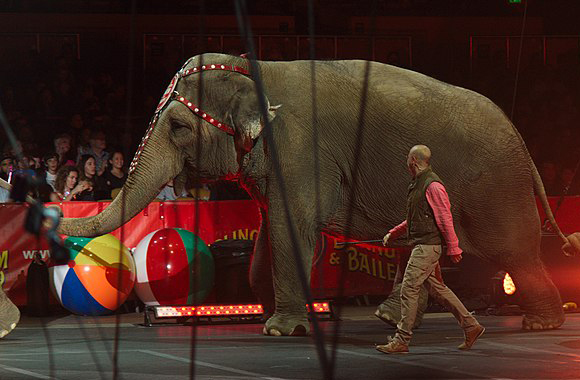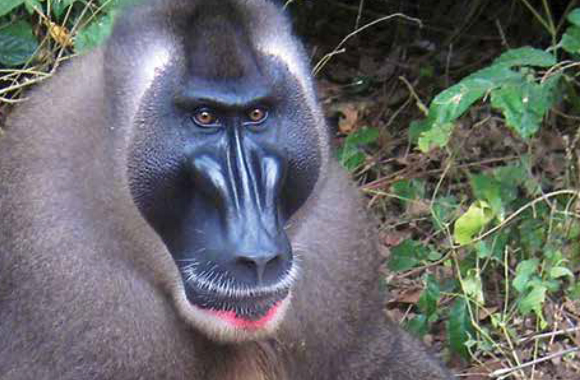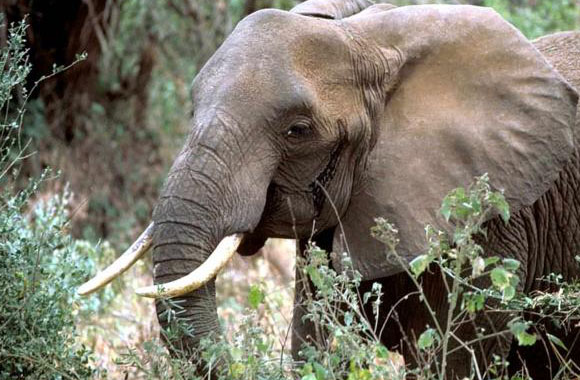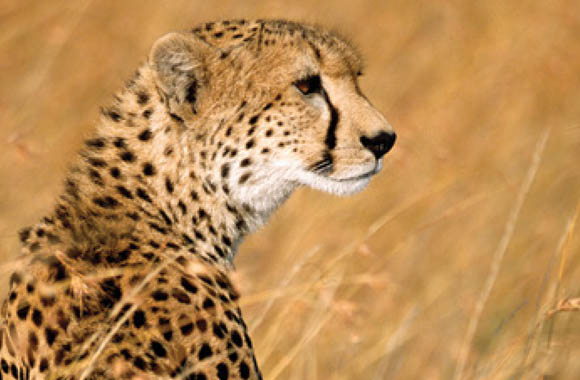About
After Virginia McKenna and Bill Travers’ time in Kenya making the film Born Free, Bill began to produce wildlife documentaries and films including An Elephant Called Slowly (1969), also set in Kenya, and featuring Bill and Virginia with Pole Pole (“Po-lee Po-lee”), a little elephant calf. Pole Pole was only two when she was snatched from her wild family as a gift from the Kenyan government to London Zoo. When filming was over, Bill and Virginia did everything they could to prevent the move, but the little elephant calf was sent to London.
In 1982, Bill and Virginia went to see her there. Difficult to manage with no companions of her own kind, Pole Pole frustratedly paced her barren enclosure, prematurely aged by captivity. They called her name. She stopped, turned, and came to them, her trunk outstretched, straining to touch their reaching hands. Even in her distress, and after all these years, she remembered them. Bill and Virginia renewed their campaign to give Pole Pole a better life, but in 1983, aged just 16 years, she collapsed and died. (In the wild, elephants can live for more than 60 years.)
Determined that Pole Pole’s short life and untimely death should not be in vain, in 1984, Bill and Virginia launched Zoo Check with their son, Will Travers: the charity that has evolved into the Born Free Foundation. And, thanks to Born Free’s efforts, there are now no more elephants at London Zoo.
Sadly, elephants throughout the world are suffering – whether they are forced to languish for years in a small zoo enclosure, deprived of companionship and stimulation; killed by poachers who cut off their tusks for the illegal ivory trade; or kept in chains and struck with bullhooks to make them “perform” in a circus.
Elephants are known for their intelligence, complex communication, and close family units. These powerful animals are a keystone species on which many plants and animals depend, and they play a crucial role in global climate control. The understanding and protection of elephants is not only important for their continued survival, but also for the survival of their habitats, which affects entire ecosystems as well as human communities.
There are two species of elephants: African and Asian. Both face massive human-caused threats, including the ivory trade and habitat loss, that have drastically reduced their populations. In fact, elephants are locally extinct in many parts of their former range – and their remaining numbers are dropping quickly.
That’s why Born Free is working tirelessly to protect elephants everywhere.
To learn more about African elephants, click here »
To learn more about Asian elephants, click here »
“If you’re not outraged, then I beg you to take a little time just learn about elephants… They’re worth fighting for and we owe it to them to protect them.”
comedienne Ellen DeGeneres
“Trophy hunting of any kind should not be allowed and does not aid in conservation. Leave the elephants alone.”
actress Olivia Munn
“…wild animals belong in the wild, and ivory is not beautiful unless on the tusk of a living animal. Each of us has the power to make an impact through our everyday choices. For instance, we can commit to never buying illegal wildlife products such as ivory and rhino horn.”
actress Angelina Jolie

Elephants
Status
IUCN Red List classification:
African elephant – Vulnerable
Asian elephant – Endangered
CITES status:
African elephant – Appendix I, except for Botswana, Namibia, South Africa, and Zimbabwe, whose populations are on Appendix II (subject to special annotations)
Asian elephant – Appendix I
Endangered Species Act Status:
African elephant – Threatened
Asian elephant - Endangered
Population
Estimated number remaining in the wild:
African elephants – 415,000
Asian elephants – 35,000-50,000
Population decline of elephants:
African elephants:
1900 – 10 million
1979 – 1.3 million
1989 – 600,000
2007 – 550,000
2014 – 415,000
Asian elephants:
1900 – 100,000
1995 – 50,000
2007 – 35,000-50,000
(Note: this is considered by many scientists to be just a "crude guess" and the actual population may be much lower. However, we do know that Asian elephant populations have declined by at least 50% in the last three generations.)
Location
African elephants are found both in forests and savannahs. Though they live in 37 countries in sub-Saharan Africa (Angola, Benin, Botswana, Burkina Faso, Cameroon, Central African Republic, Chad, Republic of Congo, Democratic Republic of the Congo, Côte d'Ivoire, Equatorial Guinea, Eritrea, Ethiopia, Gabon, Ghana, Guinea, Guinea-Bissau, Kenya, Liberia, Malawi, Mali, Mozambique, Namibia, Niger, Nigeria, Rwanda, Senegal, Sierra Leone*, Somalia, South Africa, Republic of South Sudan, Republic of the Sudan, Swaziland, United Republic of Tanzania, Togo, Uganda, Zambia, Zimbabwe), drastic population decline and range contraction has led elephants to go locally extinct in many parts of their former range, including Burundi in the 1970s and Mauritania in the 1980s. Their current range includes most of southern and eastern Africa as well as a patchy distribution as far west as Senegal.
Asian elephants are found in grasslands, tropical forests, and deciduous forests across 13 countries (Bangladesh, Bhutan, Cambodia, China, India, Indonesia [Kalimantan and Sumatra], Lao PDR, Malaysia [Peninsular Malaysia and Sabah], Myanmar, Nepal, Sri Lanka, Thailand, and Viet Nam. Feral populations occur on some of the Andaman Islands [India]) in South and Southeast Asia.
Size
Elephants are the largest living land mammal. African elephants – the larger of the two elephant species – measures up to 29 feet in length (trunk to tail), stands 13 feet in height at the shoulder, and weighs up to 12,000 pounds. A male Asian elephant measures 26 feet from trunk to tail, stands nearly 10 feet high at the shoulder, and weighs up to 10,000 pounds.
Fun Fact
African and Asian elephants have distinguishable ears. African elephant ears are much larger and extend form the top of their heads and resemble the shape of the African continent. Where Asian elephant ears are significantly smaller, do not extend from the top of their head, and resemble the shape of the country of India.
All African elephants, males and females, have tusks, whereas only some male Asian elephants will develop tusks.



